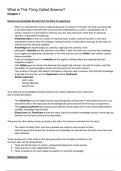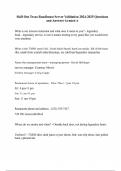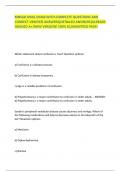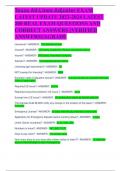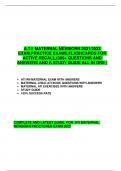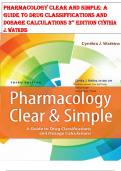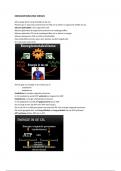Samenvatting
Summary of the book What is this thing called science? by Chalmers - Psychology and Science in International Bachelor of Psychology (IBP)
- Instelling
- Universiteit Leiden (UL)
I studied International Bachelor of Psychology (IBP) and currently working as a therapist. I am sharing my summaries from different classes, this one belongs to Psychology and Science. It is the summary of the reading material for the class, book: What Is This Thing Called Science? by Alan Chalmers
[Meer zien]
